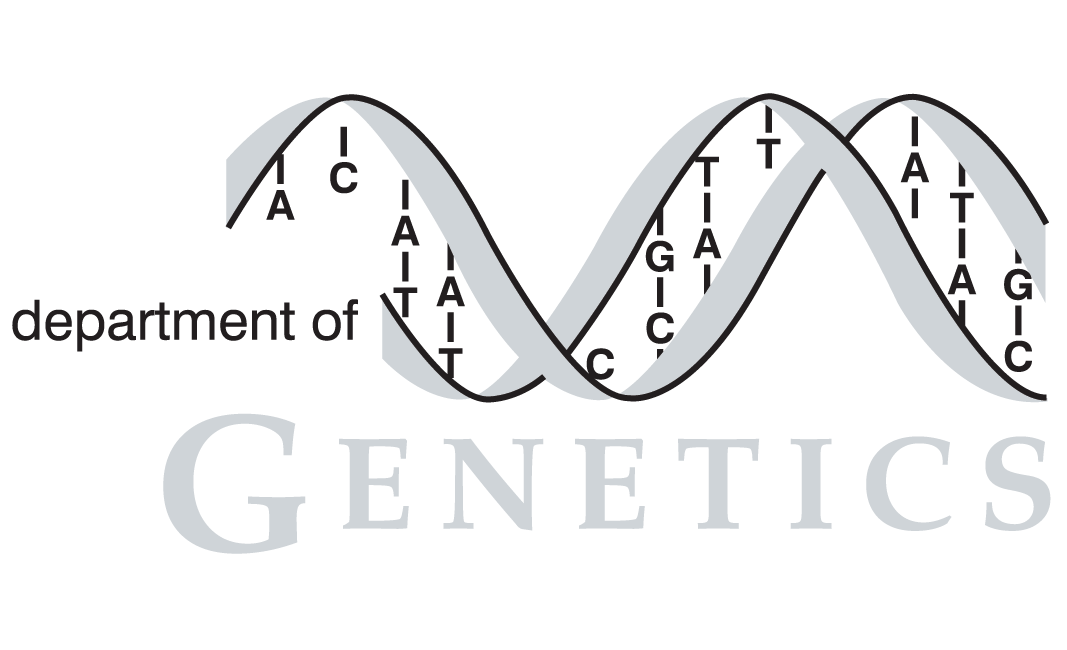| Citation | Bao X, Koorengevel MC, Groot Koerkamp MJA, Homavar A, Weijn A, Crielaard S, Renne MF, Lorent JH, Geerts WJ, Surma MA, Mari M, Holstege FCP, Klose C, de Kroon AIPM. Shortening of membrane lipid acyl chains compensates for phosphatidylcholine deficiency in choline-auxotroph yeast. The EMBO journal, 2021. |
| PubMed ID | 34520050 |
| Short Description | Shortening of membrane lipid acyl chains compensates for phosphatidylcholine deficiency in choline-auxotroph yeast. |
| # of Conditions | 10 |
Full Description

|
Phosphatidylcholine (PC) is an abundant membrane lipid component in most eukaryotes, including yeast, and has been assigned multiple functions in addition to acting as building block of the lipid bilayer. Here, by isolating S. cerevisiae suppressor mutants that exhibit robust growth in the absence of PC, we show that PC essentiality is subject to cellular evolvability in yeast. The requirement for PC is suppressed by monosomy of chromosome XV or by a point mutation in the ACC1 gene encoding acetyl-CoA carboxylase. Although these two genetic adaptations rewire lipid biosynthesis in different ways, both decrease Acc1 activity, thereby reducing average acyl chain length. Consistently, soraphen A, a specific inhibitor of Acc1, rescues a yeast mutant with deficient PC synthesis. In the aneuploid suppressor, feedback inhibition of Acc1 through acyl-CoA produced by fatty acid synthase (FAS) results from upregulation of lipid synthesis. The results show that budding yeast regulates acyl chain length by fine-tuning the activities of Acc1 and FAS and indicate that PC evolved by benefitting the maintenance of membrane fluidity. |
Tags
 |
Contact: sgd-helpdesk@lists.stanford.edu


